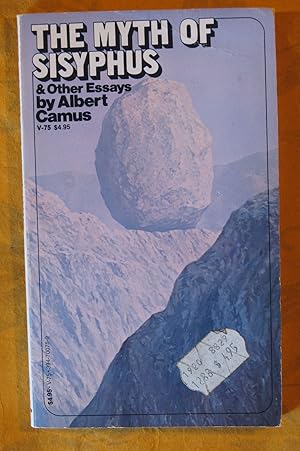

Unlike other artists, however, the absurd artist does not find meaning in his work, nor does he attempt to give it meaning. The absurd man takes great joy in creation-as it is an extension and reliving of experience-and thus it is entirely possible to be an absurd artist.

Suicide, then, is ruled out, since death is the end of experience and therefore of his freedom. The absurd man values above all else experience, and wants to experience as much as possible, so long as he remains conscious, in that experience, of the absurdity of existence, for in this way he perpetuates his revolt. This implies that the absurd man has a greater freedom than any other, because he is not bound by any religion or meaning in his life he is free to do what he pleases, while others are slaves to their beliefs. Rather, life, absurd as it is, must be lived as it is in the present. This means one must live a life which constantly revolts against the natural impulses to understand the world or to find meaning in it or a future world.

In order to be philosophically honest, one must stick to the principles which served as the foundation for one's inquiry, and since the first and most obvious fact is that the world is absurd, that fact must never be abandoned. However, acknowledging the absurdity of the world does not entail suicide, nor is it necessary to try to escape it. In any case, it seems that everyone who comes to the conclusion that the world is absurd-that is, that the world cannot be understood with human reason-does everything they can to try to escape that conclusion, as can be seen in the philosophies of Kierkegaard and Chestov and in the literary works of Dostoevsky and Kafka. Others try to escape the meaninglessness of life through religious hope. It is implicitly assumed that if there is no meaning to life, then one might as well commit suicide. It is more important than any other question since it deals with an issue that is obviously more important than any other: the meaning of life. The first question in philosophy is whether or not one ought to kill himself. The title essay, which makes up the majority of the collection, investigates these concepts in an abstract, philosophical manner, while the rest of the essays are illustrations of the principles contained in the first.

The Myth of Sisyphus is a collection of essays written over the course of about twenty years that revolve around the subjects of freedom from ideology and meaning and living life to the fullest degree.


 0 kommentar(er)
0 kommentar(er)
